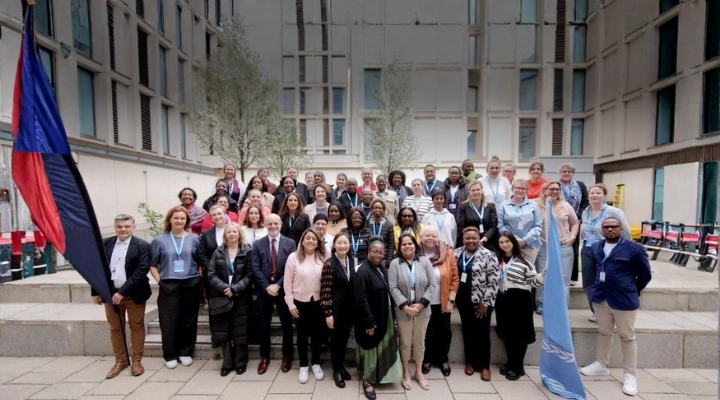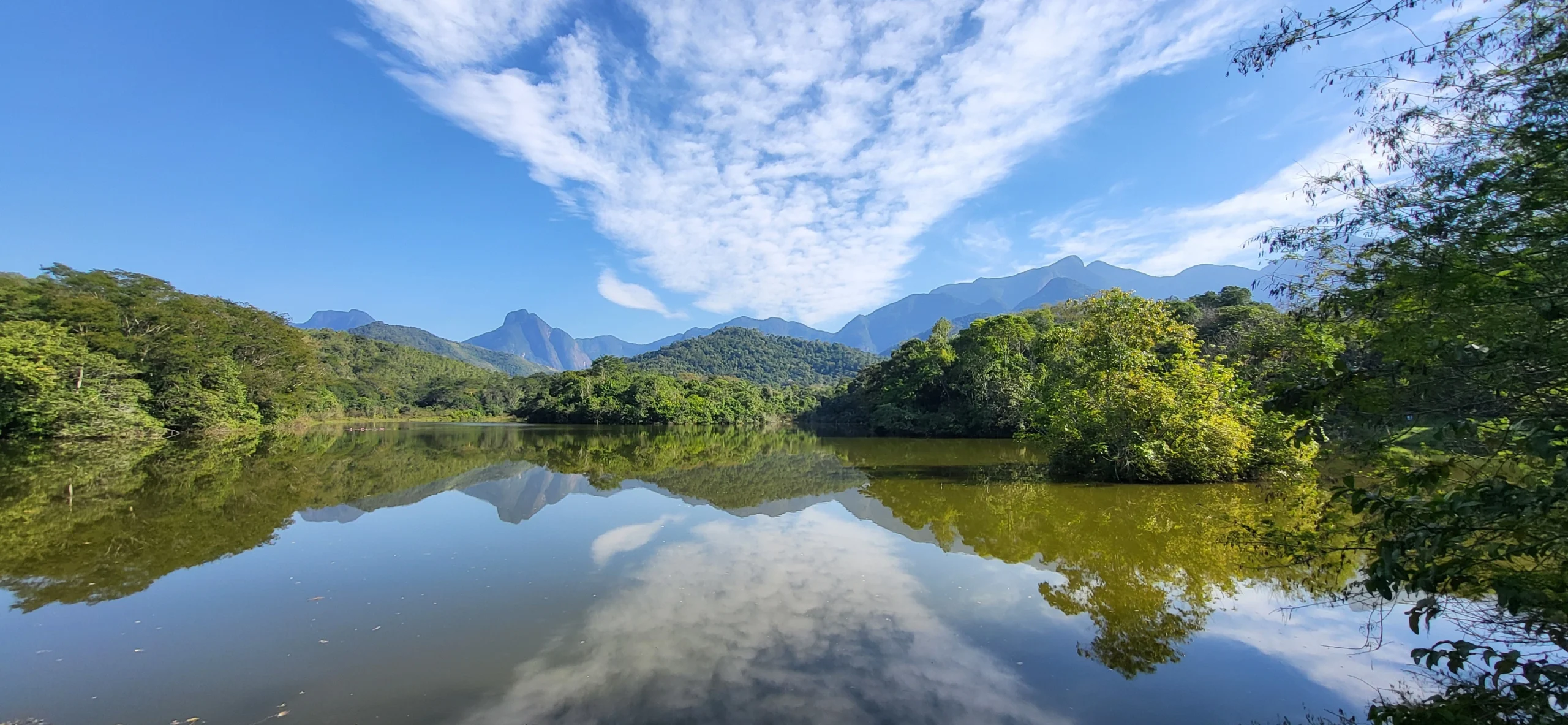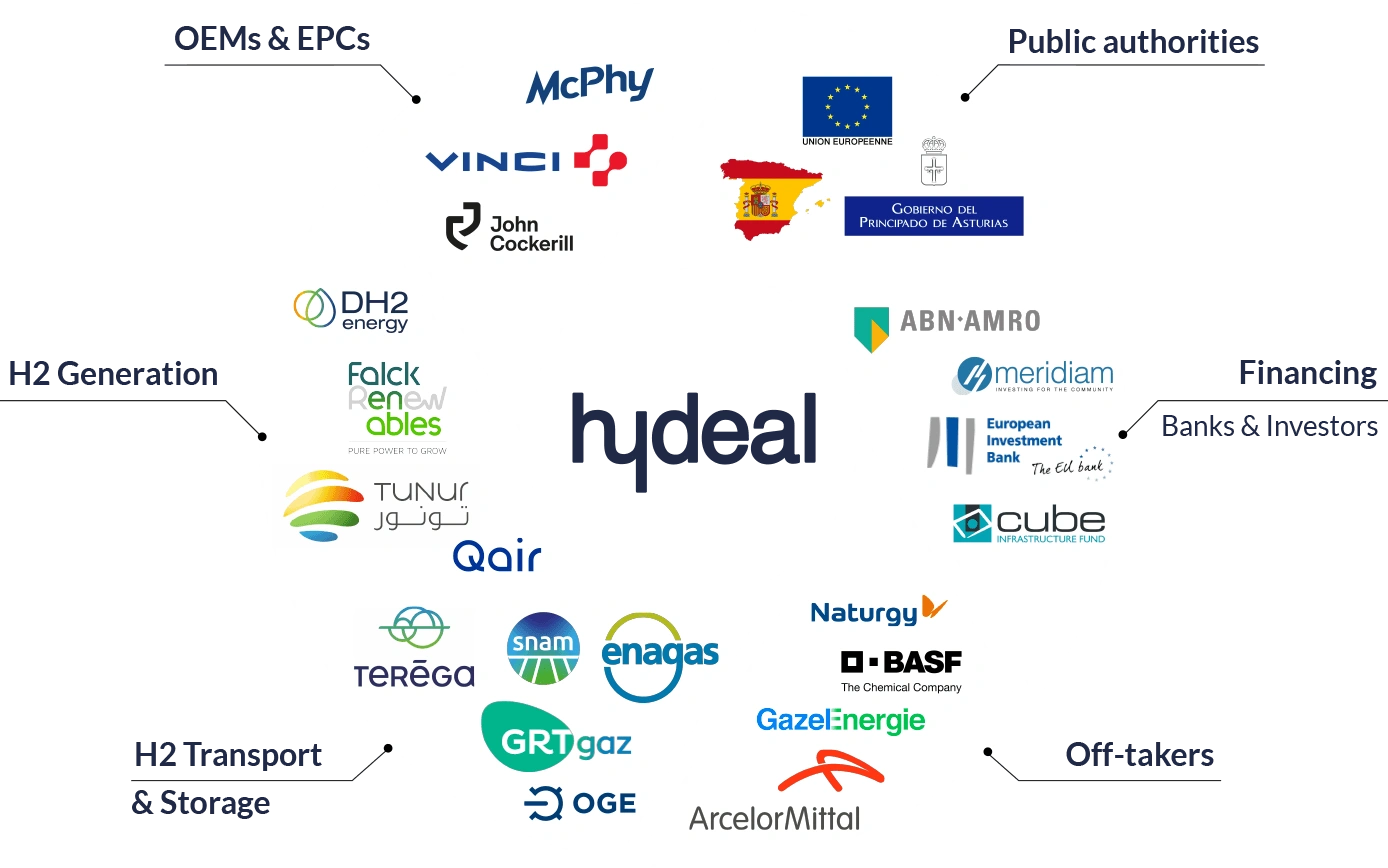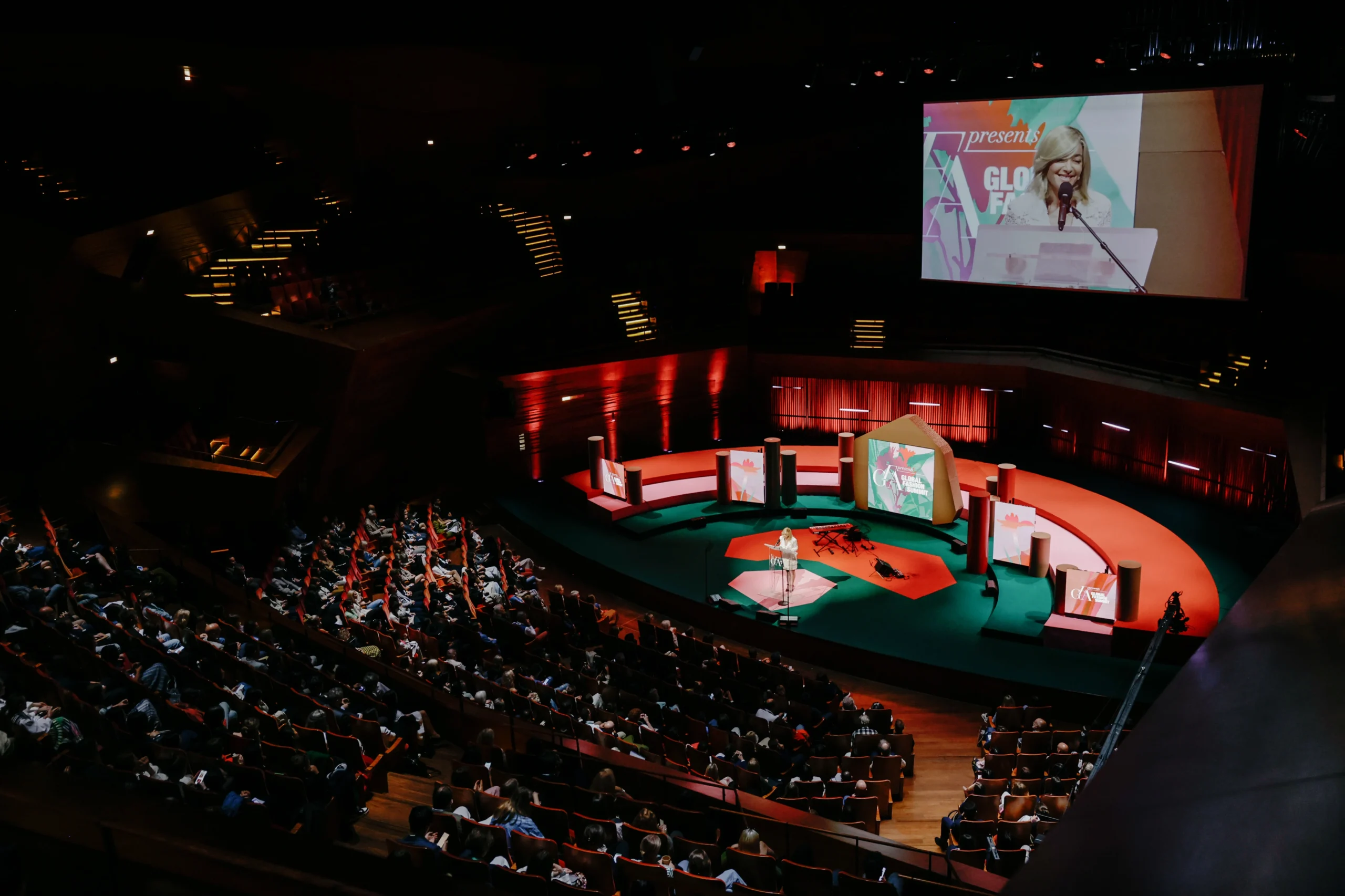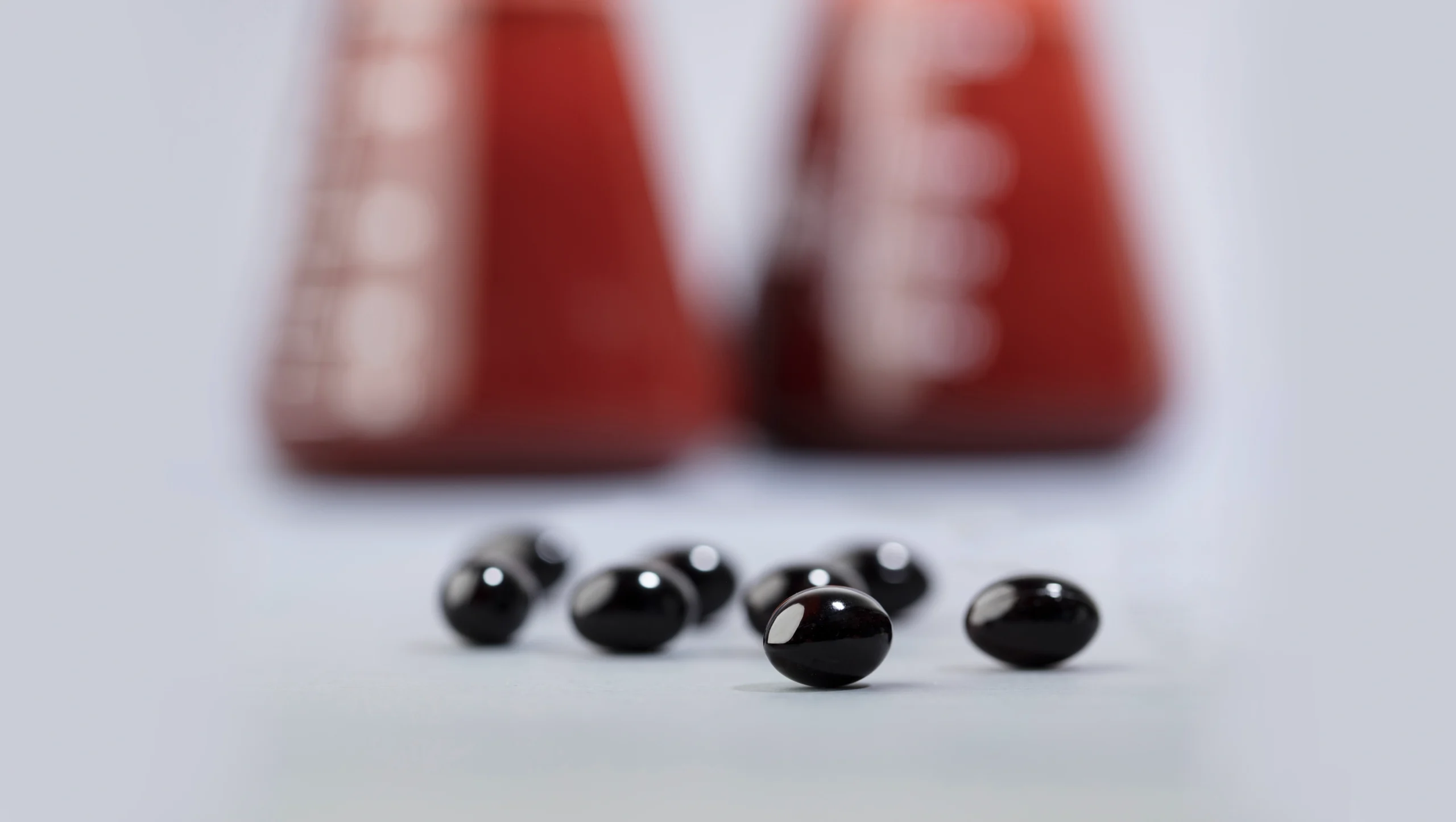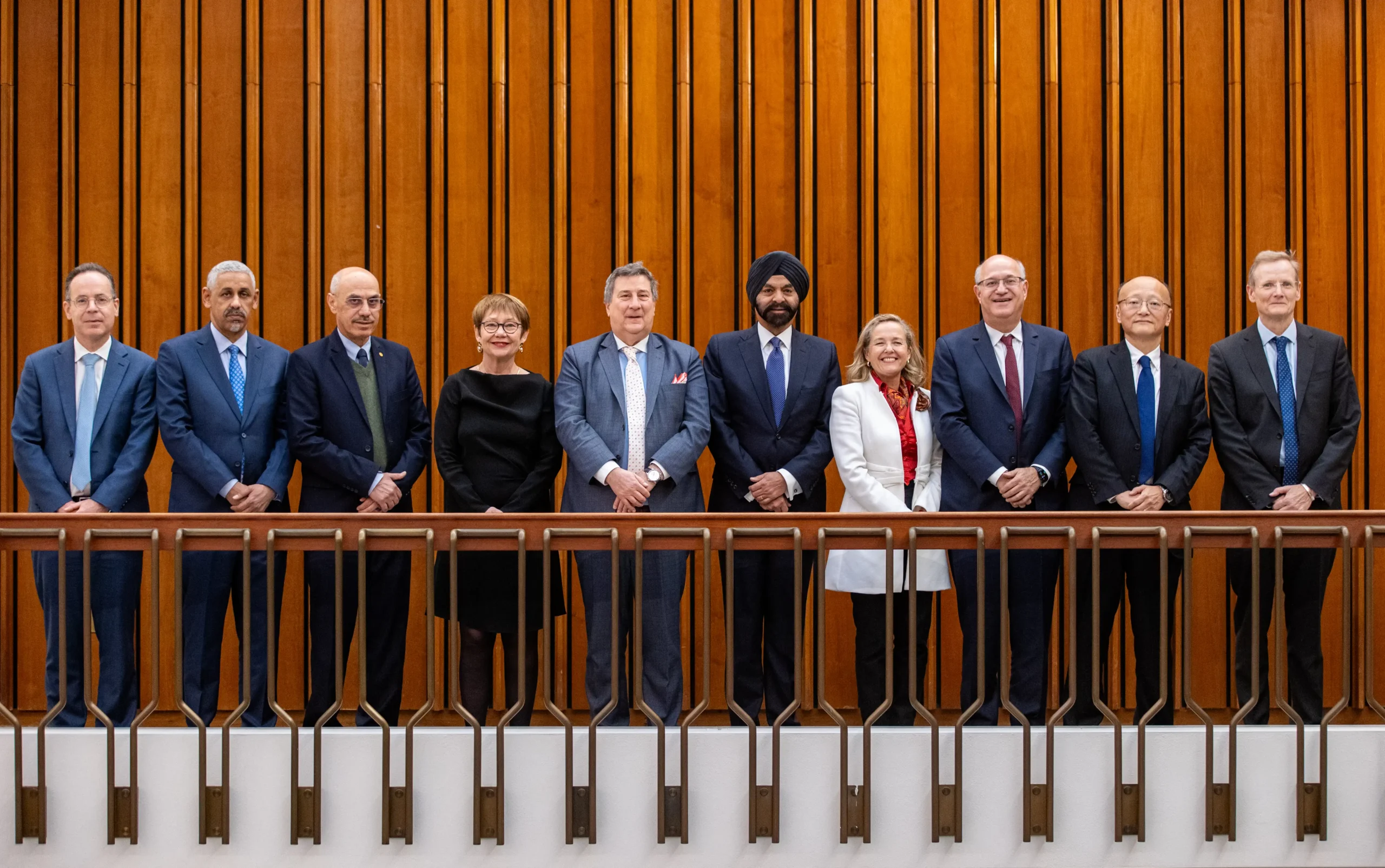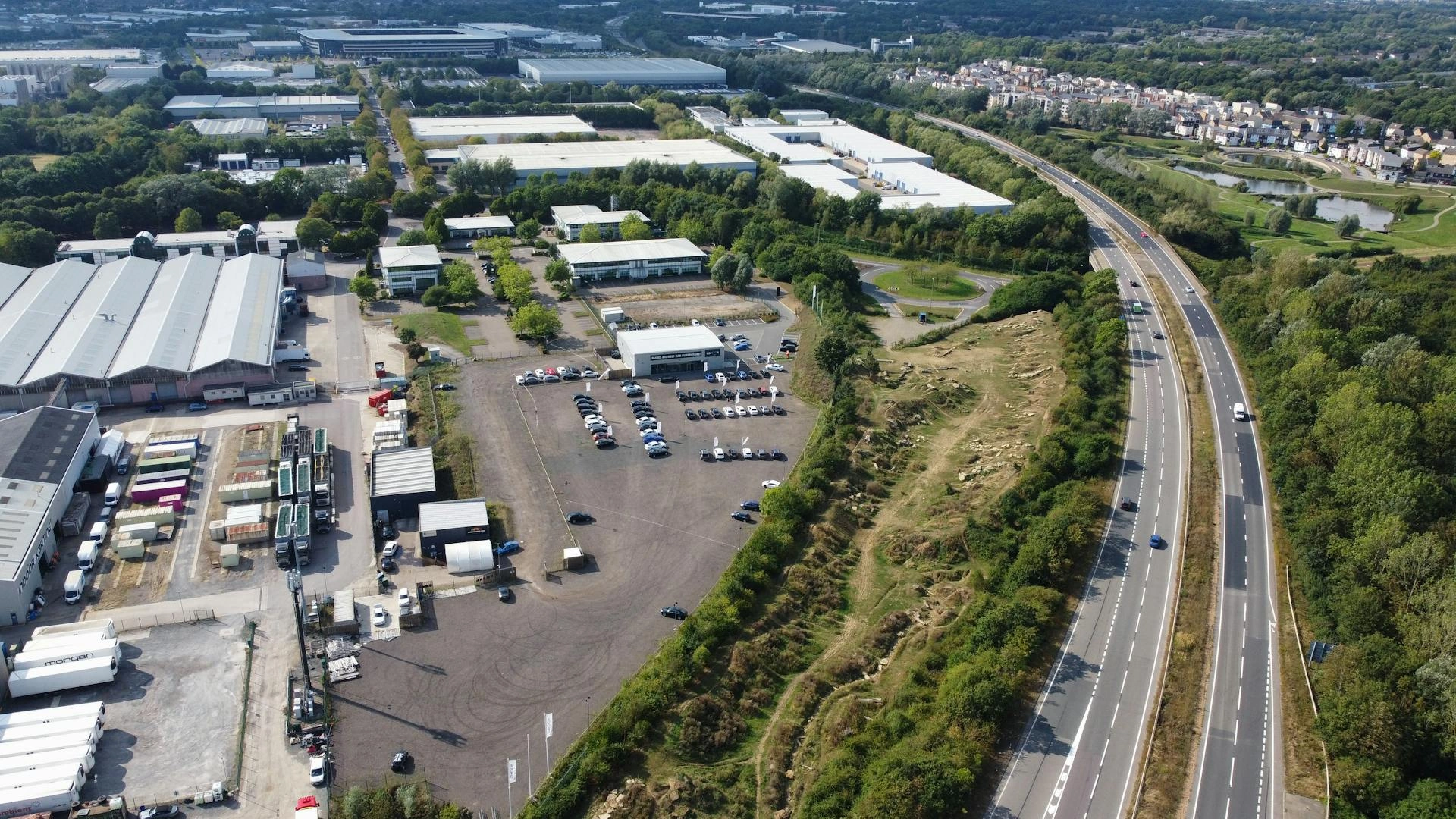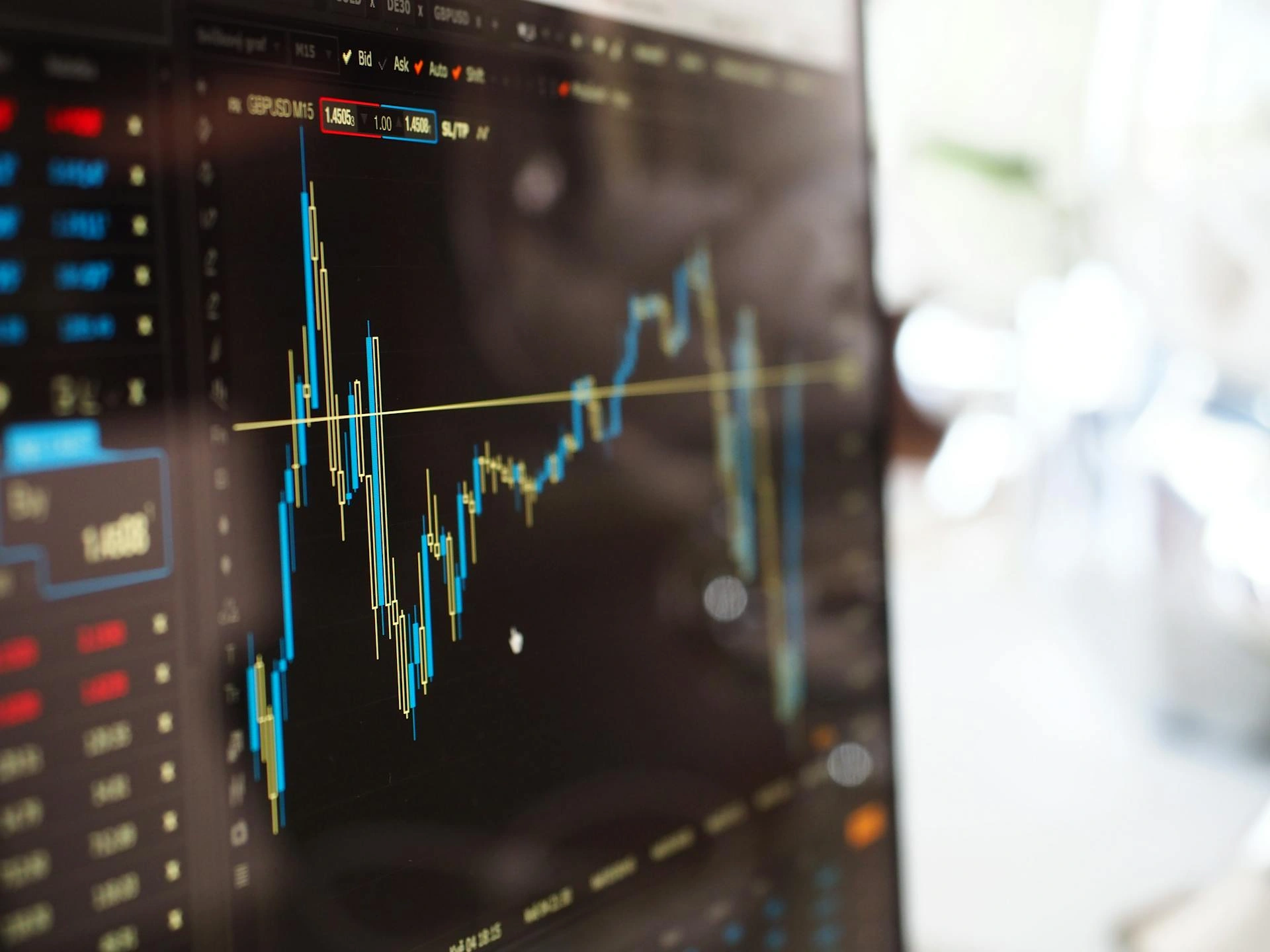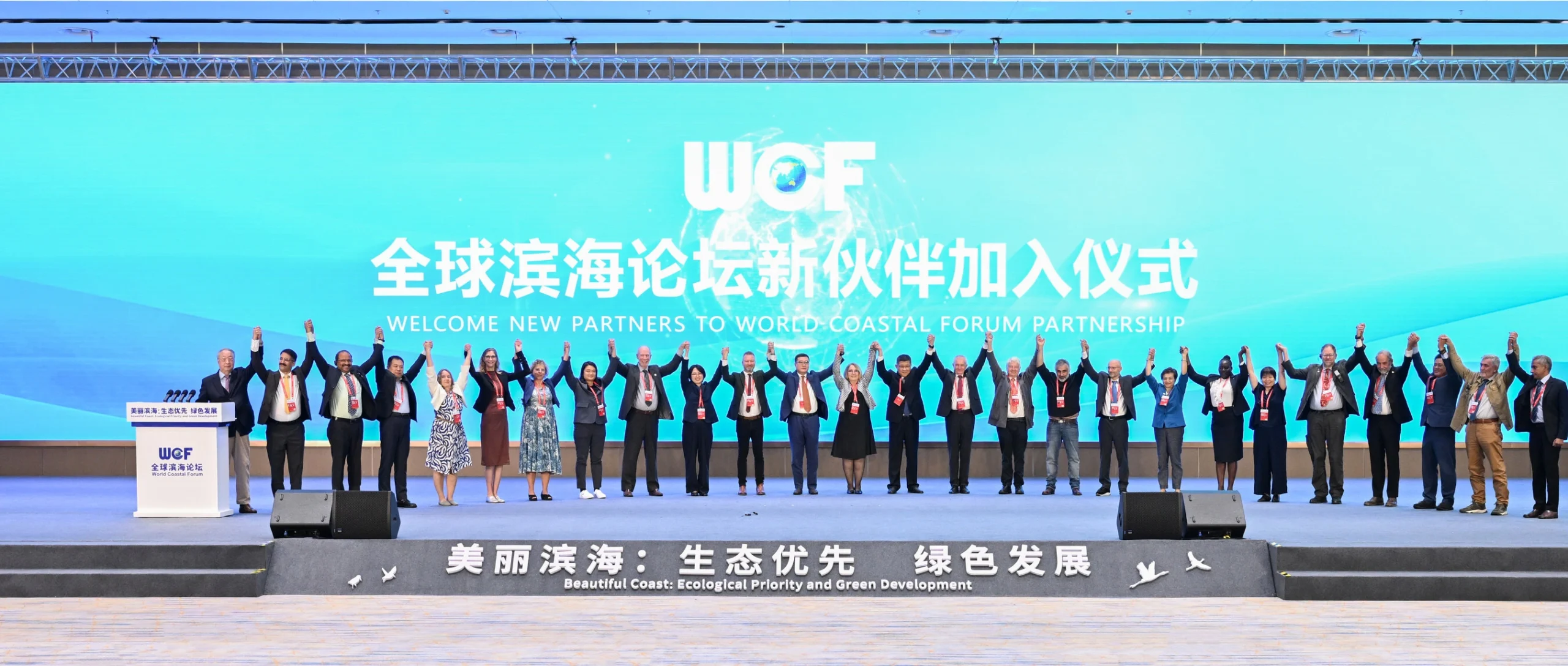An interview with Dr Sally Uren OBE, CEO of Forum for the Future

John E. Kaye
- Published
- Home, Sustainability
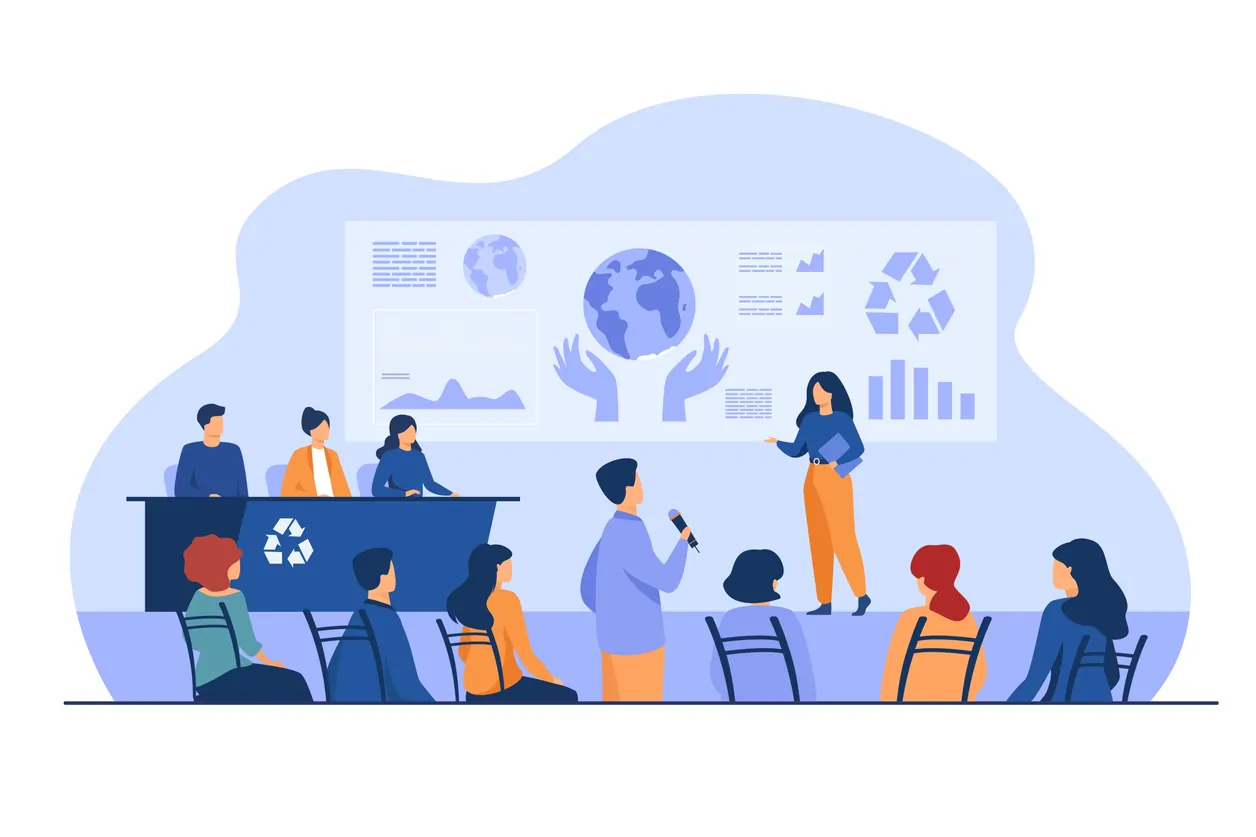

Dr Sally Uren OBE, the CEO of Forum for the Future, is leading the charge against climate change. She was listed in the Top 15 Sustainability Speakers on Climate Change and Corporate Responsibility, an achievement that reflects her ongoing commitment to sustainability. In this exciting interview, discover whether businesses are doing enough to combat climate change and how corporations can reduce their carbon footprint.
Do you believe leading businesses and brands are doing enough to combat climate issues? If not, why not?
“No, they’re not – nobody is.
“Why not? Partly because of the constraints of the economy that we’re in, and also the economy that is fuelled to a large extent on short term profit maximisation. And so, whilst there is a really strong business case for sustainability, you may need upfront investment in, for example, solar panels or other renewable types of energy. You may need to enter into long term contracts with your supplier and actually commit more resources upfront as a way of building resilience in your supply chain.
“If you are having to meet really short term demands on profitability, then that longer term investment becomes harder – even though you can show the rate of return. So, one of the biggest barriers is this drive for short term profit maximisation. It’s really great that investors are beginning to realise that short term profit maximisation without a view to long term value creation is really short sighted for long term prosperity of the market.
“I think there’s another barrier which is much more human, which is, I just don’t think we’re ambitious enough. I think we’re too comfortable. We’ll tweak things here, tweak things there. I think another barrier is what we would call mindset, there’s a lack of ambition in some quarters and a lack of creativity. If we can be bold and ambitious, then I think you’ll see an acceleration [of sustainability].”
What are your top tips all businesses should adopt to improve their sustainability policies?
“First of all, focus on your big impact areas. Sometimes, sustainability policies don’t focus on where you can make the biggest difference. So, for retailers, there’s been a preoccupation with the plastic bag, which is not a material impact area.
“However, where and how you’re sourcing raw materials, really is a much bigger impact area, how you are helping your customers lead more sustainable lives through the use phase of products, is also much bigger than a carrier bag. Focus on those big material impact areas.
“Then the second is, be specific to your business. You see lots of sustainability policies where you could erase the title and switch them over – they’re a bit vanilla. A really good sustainability policy should be really specific to your business.
“Tip three is set targets, put targets in your policy. Science-based targets for climate are the targets for customers reach with new products, for example, or revenue sales from sustainable products.
“And finally, be honest and authentic. Use your policy to talk openly and honestly about your progress. If you do those things – focus on the material impact areas, include targets, make your policy specific and be honest and open about your progress – I think we’d see a general uptick in performance.”
Many stakeholders believe that going sustainable costs more, what would you say to them to convince them to actually implement sustainable practices?
“Just do a long-term cost reward calculation… We used to worry that the price of renewable energy was too much higher than the price of fossil fuel. It’s actually now cheaper. Those organisations that did a long-term pricing analysis, they’re doing really well right now because they’ve got access to the energy that they need.
“I think it’s really important to not just focus on the short term, but to imagine your business five years from now, 10 years from now – where and how will you be sourcing your energy? Who will be your customers? What will you be selling? Because it won’t be what you’re doing today!
“The business case is really strong today – cut carbon, you save money; cut waste, you save money; cut water, you save money. You build brand trust, building strong customer loyalty programmes. If you don’t act now, the chances are that as a business, you’re being uncompetitive and maybe out of business in five years from now.”
Where should businesses begin when embarking on a journey to become more sustainable?
“The first thing I would do is – it sounds really boring, and it is a bit – but do a materiality assessment, to really understand, where are your big impact areas? Where can you make the biggest positive difference?
“Just take the time to do that properly. Don’t assume where your impact lies, because actually, you might not have that right. So just take the time to do a proper materiality assessment, find out where your biggest impact areas are, and how to really optimise the contribution that you make to the world around you.”
This exclusive interview with Dr Sally Uren as conducted by Jack Hayes, courtesy of The Sustainability Speakers Agency.
RECENT ARTICLES
-
 Strong ESG records help firms take R&D global, study finds
Strong ESG records help firms take R&D global, study finds -
 How residence and citizenship programmes strengthen national resilience
How residence and citizenship programmes strengthen national resilience -
 Global leaders enter 2026 facing a defining climate choice
Global leaders enter 2026 facing a defining climate choice -
 EU sustainability rules drive digital compliance push in Uzbekistan ahead of export change
EU sustainability rules drive digital compliance push in Uzbekistan ahead of export change -
 China’s BYD overtakes Tesla as world’s largest electric car seller
China’s BYD overtakes Tesla as world’s largest electric car seller -
 UK education group signs agreement to operate UN training centre network hub
UK education group signs agreement to operate UN training centre network hub -
 Mycelium breakthrough shows there’s mush-room to grow in greener manufacturing
Mycelium breakthrough shows there’s mush-room to grow in greener manufacturing -
 Oxford to host new annual youth climate summit on UN World Environment Day
Oxford to host new annual youth climate summit on UN World Environment Day -
 Exclusive: Global United Nations delegates meet in London as GEDU sets out new cross-network sustainability plan
Exclusive: Global United Nations delegates meet in London as GEDU sets out new cross-network sustainability plan -
 Fast fashion brands ‘greenwash’ shoppers with guilt-easing claims, study warns
Fast fashion brands ‘greenwash’ shoppers with guilt-easing claims, study warns -
 Private sector set to overtake government as main driver of corporate sustainability in 2026, report suggests
Private sector set to overtake government as main driver of corporate sustainability in 2026, report suggests -
 Sir Trevor McDonald honoured at UWI London Benefit Dinner celebrating Caribbean achievement
Sir Trevor McDonald honoured at UWI London Benefit Dinner celebrating Caribbean achievement -
 Historic motorsport confronts its energy future
Historic motorsport confronts its energy future -
 Protecting the world’s wild places: Dr Catherine Barnard on how local partnerships drive global conservation
Protecting the world’s wild places: Dr Catherine Barnard on how local partnerships drive global conservation -
 Europe’s HyDeal eyes Africa for low-cost hydrogen link to Europe
Europe’s HyDeal eyes Africa for low-cost hydrogen link to Europe -
 Fabric of change
Fabric of change -
 Courage in an uncertain world: how fashion builds resilience now
Courage in an uncertain world: how fashion builds resilience now -
 UAE breaks ground on world’s first 24-hour renewable power plant
UAE breaks ground on world’s first 24-hour renewable power plant -
 China’s Yancheng sets a global benchmark for conservation and climate action
China’s Yancheng sets a global benchmark for conservation and climate action -
 Inside Iceland’s green biotechnology revolution
Inside Iceland’s green biotechnology revolution -
 Global development banks agree new priorities on finance, water security and private capital ahead of COP30
Global development banks agree new priorities on finance, water security and private capital ahead of COP30 -
 UK organisations show rising net zero ambition despite financial pressures, new survey finds
UK organisations show rising net zero ambition despite financial pressures, new survey finds -
 Gulf ESG efforts fail to link profit with sustainability, study shows
Gulf ESG efforts fail to link profit with sustainability, study shows -
 Redress and UN network call for fashion industry to meet sustainability goals
Redress and UN network call for fashion industry to meet sustainability goals -
 World Coastal Forum leaders warn of accelerating global ecosystem collapse
World Coastal Forum leaders warn of accelerating global ecosystem collapse






